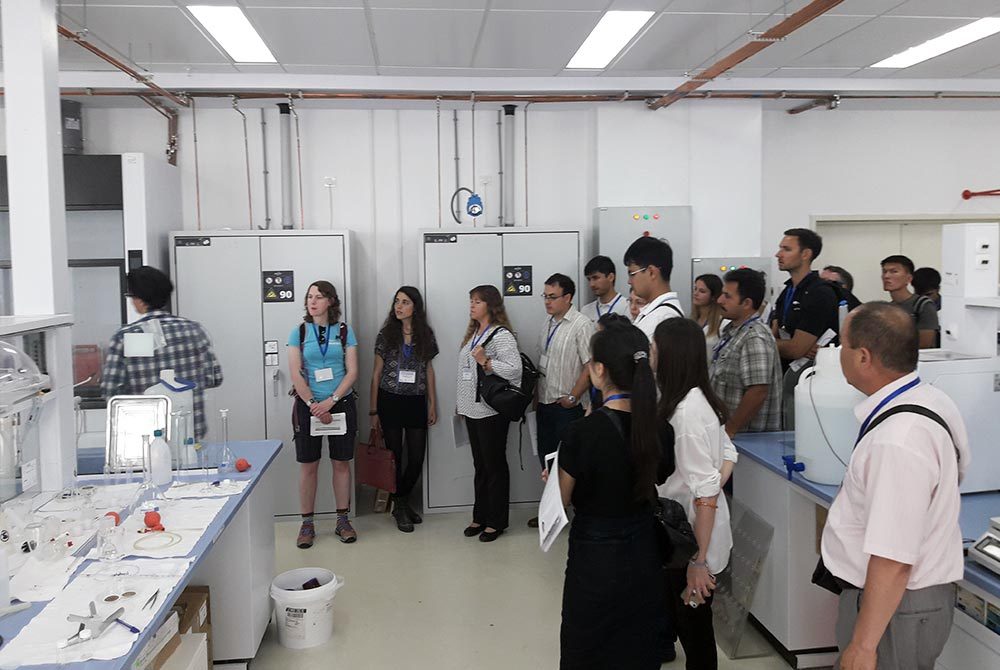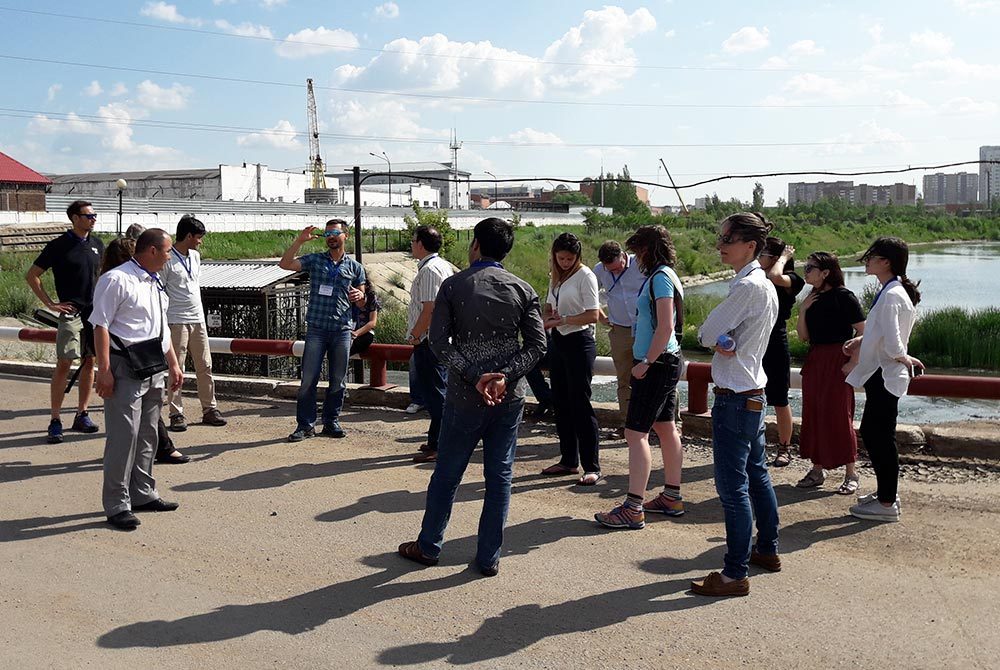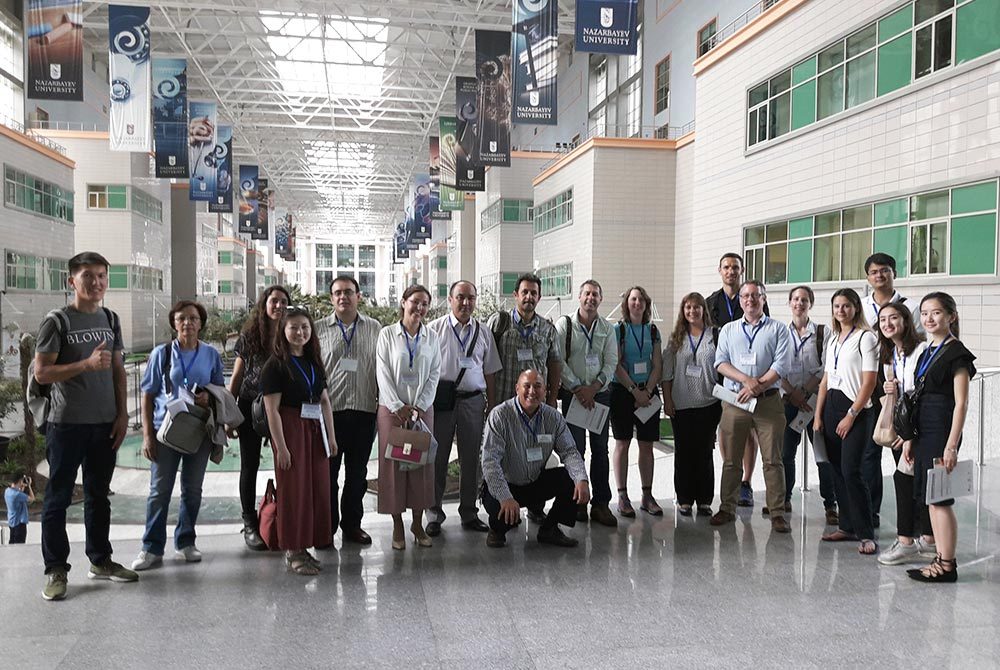Date: May - July 2018
Client: Research group of Prof. Chris Greenwell, Durham University
Raw Materials: N/A
Location: Astana, Kazakhstan
Toxic metal pollution in soil, water and air poses a serious threat to the quality of water courses. Mines, both abandoned and operational, are major contributors to contamination around the world. Contaminated water courses can transfer harmful elements and molecules to food chains, putting human health at risk.
To date, there has been several studies assessing the potential for utilising low-cost, sustainable absorbents developed to treat polluted waters that cannot be treated by size filtration or boiling. Many absorbent technologies have been tested to remove metals from water bodies. Some of these are biopolymeres (alginate, fucans), waste by-products (fly-ash, slag, shells, cellulose), minerals (clay), and living organisms (plants, seaweed, mosses). The use of such adsorbents in real-life applications, however, is rare.
Levin Sources was contracted by Professor Chris Greenwell, Durham University, to help build partnerships to allow researchers from different institutions and countries to collaborate, and identify and address knowledge and capacity barriers to promote the use of low-cost, sustainable adsorbents in Asia. Partnerships were built by preparing a three-day workshop in Astana, Kazakhstan, for academics, policy makers, and regulators, which was designed to:
- Encourage academics in different but related fields to collaborate and stimulate new research
- Give researchers, policy makers, and students an opportunity to brainstorm ideas for how to use the absorbents in the field together
- Develop a base for formulating an application to secure additional funding for remediating impacted waters
The workshop, organised and coordinated by Levin Sources, ran for three full days. It included presentations, field trips, and question and answer and breakout sessions, addressing:
- The current knowledge of polluted water courses in Afghanistan, India, Kazakhstan, Pakistan and Turkey
- The use of low-cost, sustainable metal removal adsorbents, including a technology showcase
- The most suitable absorbents to be scaled-up to treat a selected case study water site
- The preparation of several Asian Global Challenges Research Fund (GCRF) PhD studentships to tackle water ways impacted by mining activities
- The need to secure additional GCRF funding to find the best-suited, socially acceptable and low-cost absorbent technology to remediate metal pollution-impacted riverine waters in Afghanistan, Pakistan, and Kazakhstan.






